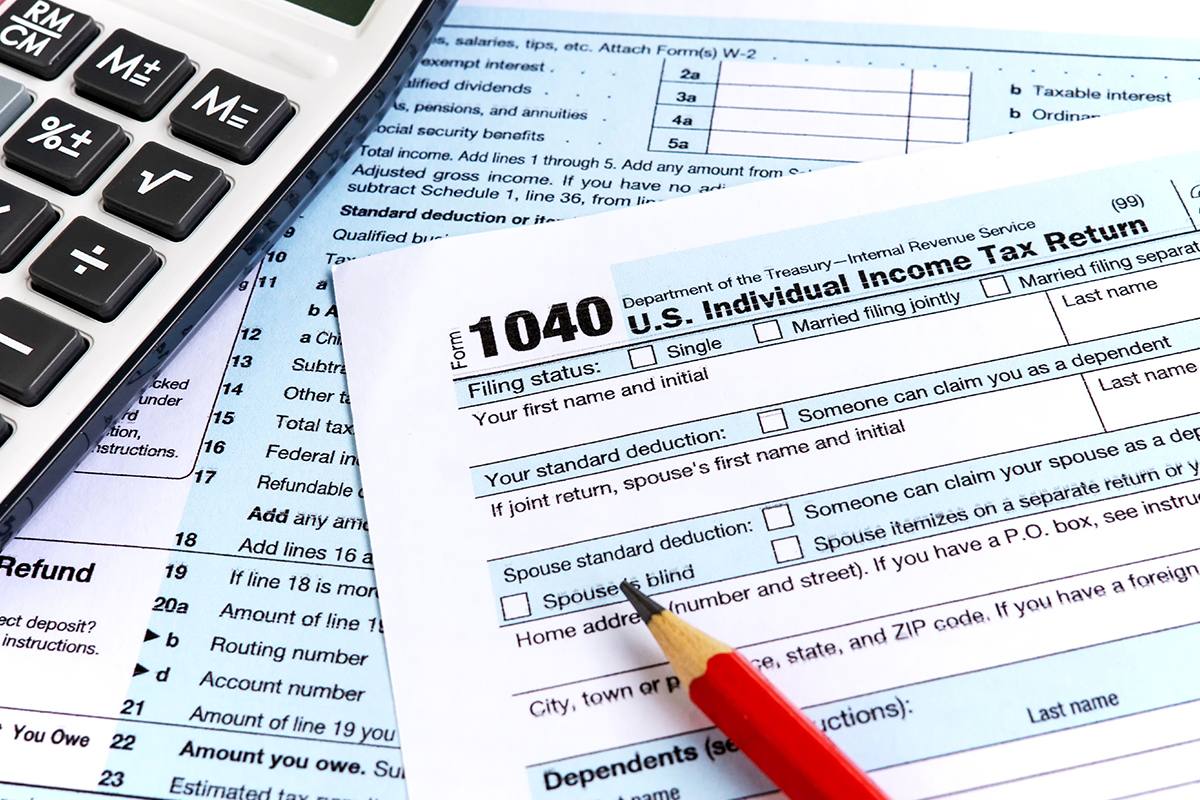Tax season can feel daunting and overwhelming, but it can be a golden opportunity to optimize your financial situation. By being proactive and organized, you can maximize deductions, plan for a better financial future, and reduce stress by filing your taxes early.
Here’s how to make the most out of this tax season:
- Gather Your Financial Documents Early. Preparation is the key to a smooth tax season. Start by collecting all necessary documents, including W-2s, 1099s, and receipts for deductible expenses. Having everything in one place will save you time and prevent unnecessary headaches when filing.
Smart Idea: Create a dedicated tax folder (digital or physical) to use throughout the year. That way, all of your tax-related items are in one place.
- Know Your Deductions and Credits. Deductions and tax credits are your best friends during tax season. Here are a few common ones you should know about: a) student loan interest (you can deduct up to $2,500 in interest), b) childcare expenses (parents can claim the Child and Dependent Care Credit for qualifying expenses), c) home office deduction (you may be able to deduct a portion of your rent, utilities and internet costs if you work from home), and 4) charitable donations (you may be able to deduct donations to eligible organizations).
Best Bet: Use tax software or consult a tax professional to ensure you’re capturing every deduction and credit you qualify for.
- Contribute to Retirement Accounts. Tax season is the perfect time to boost your future savings. Contributions to traditional IRAs and 401(k)s can reduce your taxable income while helping you save for retirement. For 2025, you can contribute up to $7,000 to an IRA (or $8,000 if you’re 50 or older), and the contribution deadline is Tax Day.
Savings Strategy: If you receive a tax refund, consider using it to fund your retirement account. It’s a smart way to invest in your future.
- Don’t Overlook Health Savings Accounts (HSAs). If you have a high-deductible health plan, contributing to an HSA can provide triple tax benefits: contributions are tax-deductible, growth is tax-free, and withdrawals for qualified medical expenses are also tax-free. For 2025, you can contribute up to $4,300 for individuals (up to $5,300 for individuals over 55 years old) and $8,550 for families.
Hint: Contributions to an HSA can be made until the tax filing deadline, so there’s still time to reduce your taxable income for last year. If you have questions about opening an HSA at Quail Creek Bank, click here or call (405) 755-1000.
- File Early to Avoid Last-Minute Stress. One of the most effective ways to make tax season less overwhelming is to file your taxes early. Not only will you get your refund sooner, but you will also reduce the risk of someone fraudulently submitting a return in your name. And if there are any errors on your return, you have time to correct them.
Pro Tip: Even if you’re waiting on certain documents, you can start to prepare your return early to expedite the filing process.
- Use Tax Software or Consult a Tax Professional. While DIY tax software can be user-friendly and affordable, a tax professional can provide personalized advice that may help you uncover deductions and credits you didn’t know about. A professional’s expertise is invaluable if your financial situation is complex (e.g., you’re self-employed or own multiple properties).
Helpful: Many tax software programs offer free filing for simple returns. Do your research to find the option that works best for you.
- Plan for Next Year Now. Tax season doesn’t have to catch you off guard every year. Use this time to set up strategies for the future, such as adjusting your tax withholding or investing in budgeting software to track your expenses more effectively. If you’re self-employed, open a separate savings account to set aside money for quarterly tax payments.
Protect Yourself: Make it a habit to review your finances quarterly to ensure you’re on track for the next tax season.
Tax season doesn’t have to be a source of stress. Staying organized, understanding your deductions, and filing early can make the process smoother and more rewarding. Plus, saving for the future (like contributing to retirement accounts or HSAs) sets you up for long-term financial success. So, start early, be proactive, and make this tax season your most productive one yet!


